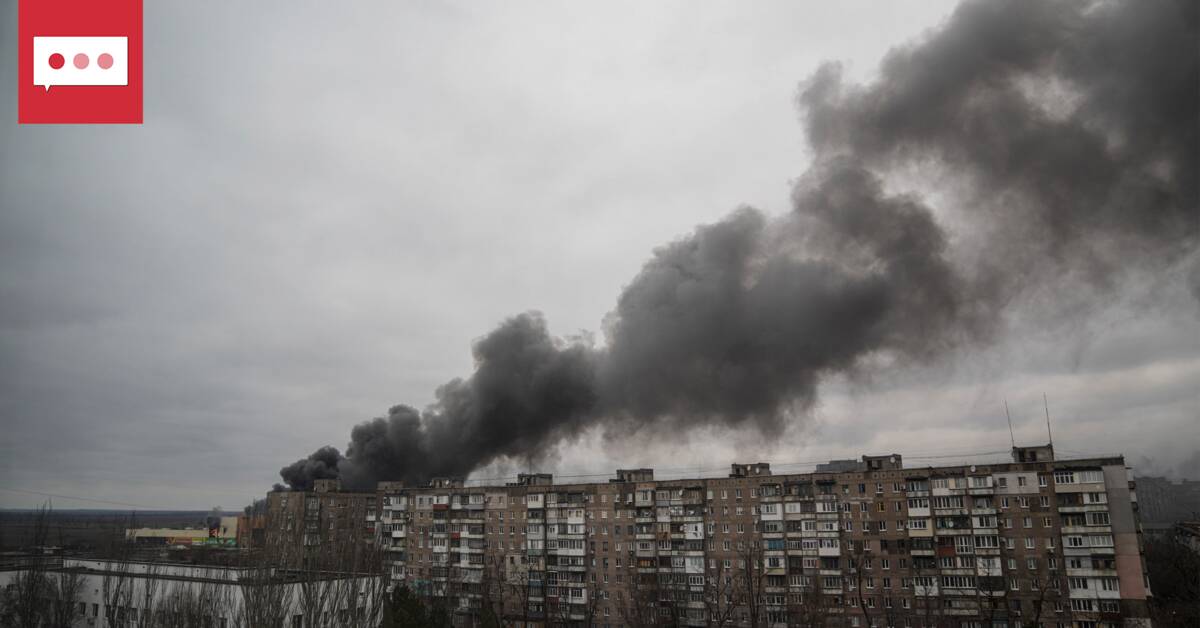The laws of war are the rules that apply in situations of war.
According to the Geneva Convention, the most serious violations of these laws are regarded as war crimes - for example, the intentional killing of civilians, torture, or the attack on health care.
Both states and responsible individuals, such as commanders, generals, but also private individuals, may be convicted of war crimes.
- If there is strong evidence that there have been war crimes, then you can use sanctions - for example, as now against Russia, says Pål Wrange, professor of international law at Stockholm University.
At the same time, states have an obligation to investigate war crimes, no matter where in the world they have been committed.
In particular, if the International Court of Justice in The Hague (ICJ) or the International Criminal Court (ICC) takes up the case and a state or individual is prosecuted.
Travel opportunities are limited for defendants
At present, 123 states are parties to the ICC criminal court.
At the request of the court, states may be required to extradite convicted persons present in their territory.
- If the police succeed in arresting a suspect, it must either be prosecuted or handed over.
But if a matter does not come up in court, then states can also choose to react themselves - and have an obligation to do so, he says.
However, due to difficult circumstances, far from all states have the capacity to bring suspects to justice.
- Very many have been prosecuted and convicted, in some cases even former presidents.
But in some cases, it has not been possible to get hold of those suspected, such as Sudan's former president, Omar al-Bashir.
States do not always take responsibility
In several cases, states have also not appeared in court proceedings, or taken responsibility when they were prosecuted, says Pål Wrange.
Among other things, he highlights Russia's actions in the Chechnya wars in the 1990s.
Even in the Syrian war, Russia has been accused of indiscriminately firing on civilian residential areas, hospitals and schools, but no one has been held accountable.
- The system is not perfect, but it is still a step forward that today we have an international criminal court.
It is no longer safe to commit war crimes.
We did not have that 30 years ago, he says.

